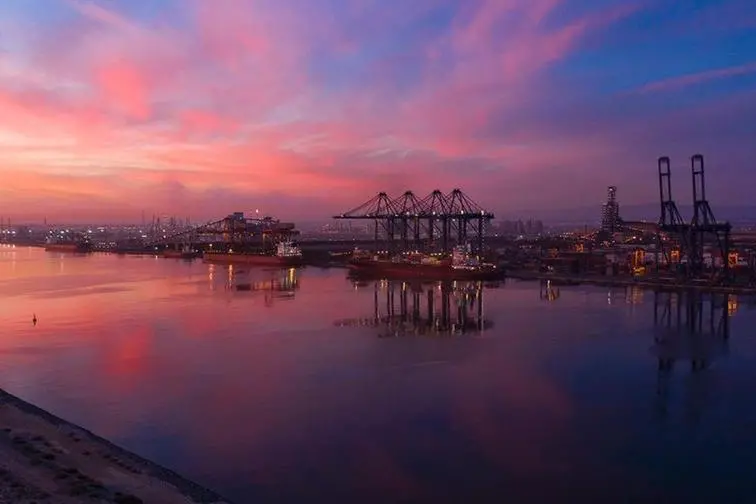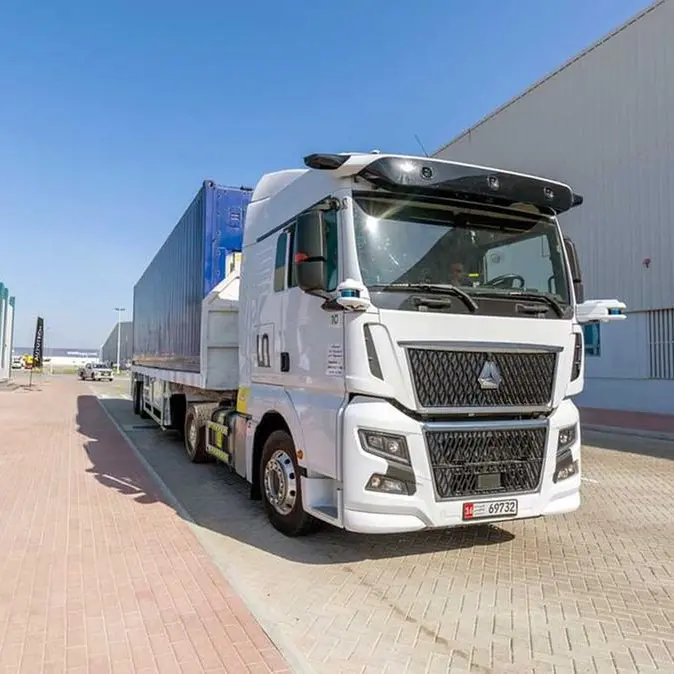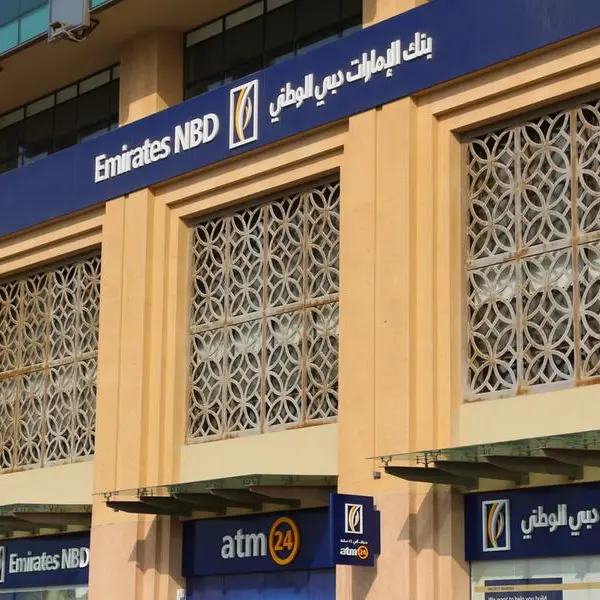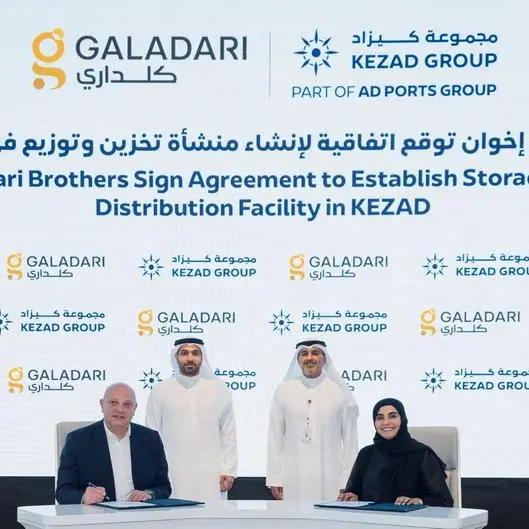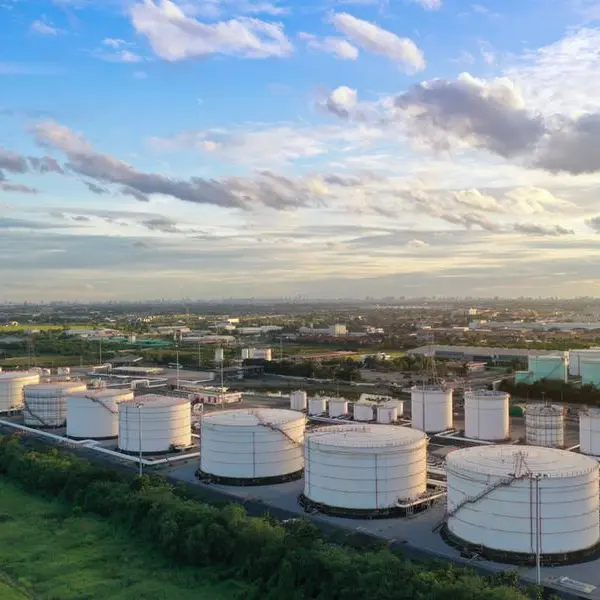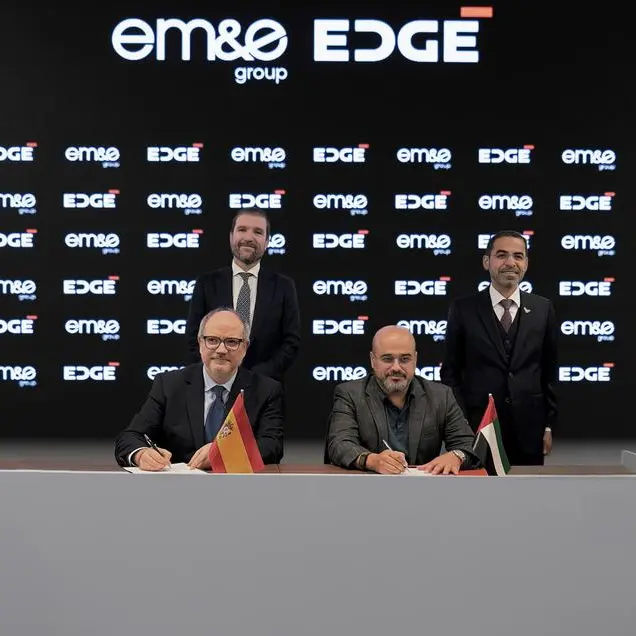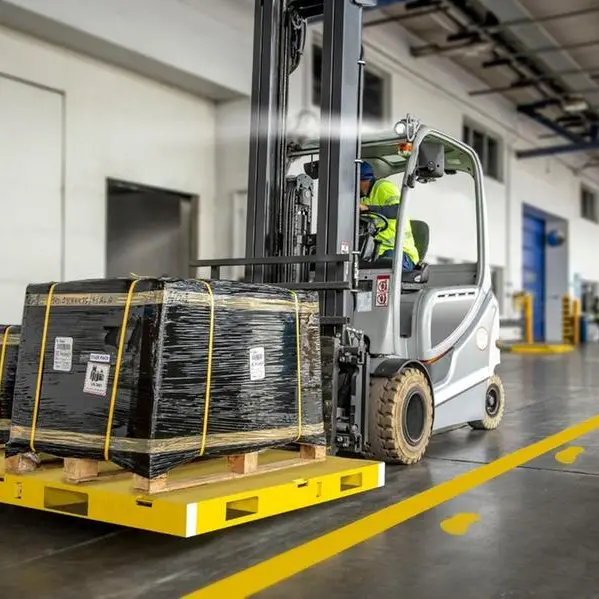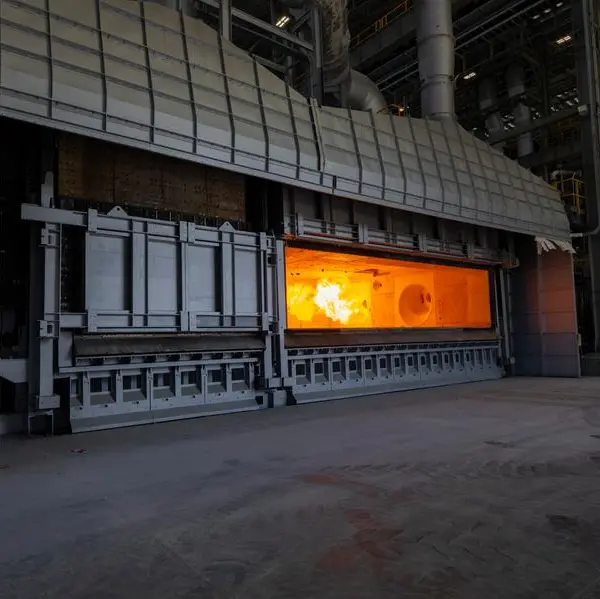PHOTO
Asyad, Oman’s integrated logistics services provider, has laid out a three-phase energy transition plan until 2030 to green its shipping business.
Ibrahim Al Nadhairi, CEO of Asyad Shipping said the strategy includes improving operating and technical efficiencies and developing an alternative fuel plan.
The directions and priorities have been defined and the financial impact must be assessed so that the strategy could be adopted at a minimum cost, Al-Nadhairi said, while speaking at a virtual forum organised by Asyad.
In the years 2023-25, the focus will be on developing an alternative energy plan for new built vessels, proposing an energy sourcing strategy and improving technical and operational aspects to meet the Carbon Intensity Indicator (CII) requirements laid out by the International Maritime Organisation (IMO).
The CII measures how efficiently a ship transports goods or passengers and is given in grams of carbon dioxide emitted per cargo-carrying capacity and nautical mile. Ships are given an annual rating from ‘A’ to ‘E’, with ‘A’ being the best emission reduction performance.
“Improving operating efficiency mainly by reducing fuel consumption could reduce emissions by 4-10 percent,” the Asyad Shipping CEO said, adding that measures include reducing speed and resistance, and applying modern and efficient engine propulsion technologies.
He said the mature options available in lieu of fuel oils are methanol, methane and bio-oil. “The cost effective substitute for fuel oil could be LNG transitioning into bio-methane,” but the regulatory and compliance framework and the infrastructure needs to be developed.
In 2025-27, the objective is to ensure all the ships meet the CII rating of A or B.
Al-Nadhairi explained: “We will do that by engine derating and decreasing the water resistance by using high-tech paint. We are talking to a new hull paint maker who will to provide the nano technology for paint. This is going to add value as it will be done in the Duqm dry dock.”
Between 2027 and 2030 the objective is to ensure all new ships are ‘A’ rated and to establish an energy development team.
“The team will co-operate with industry and the government, establish partnerships with research and development centres, and develop and execute initiatives,” he said.
(Writing by Sowmya Sundar; Editing by Anoop Menon)
